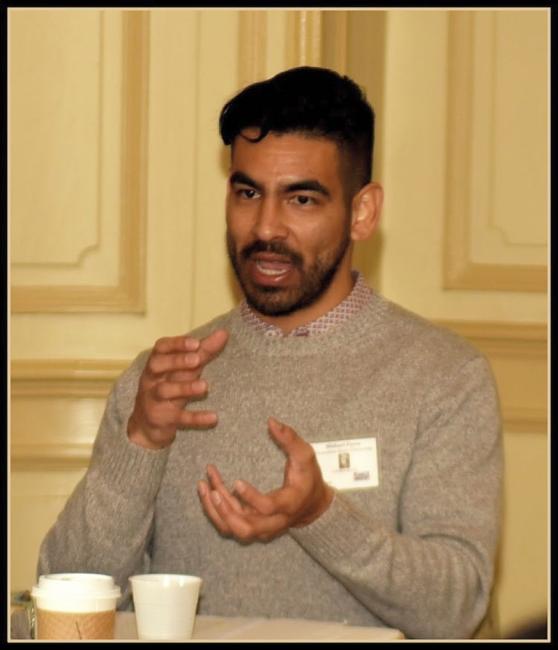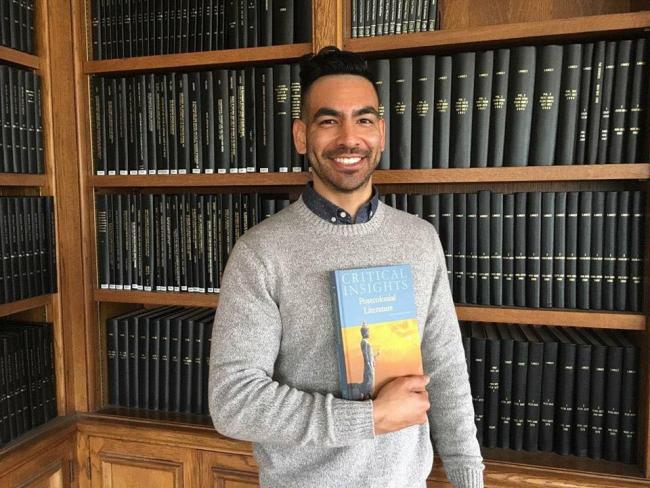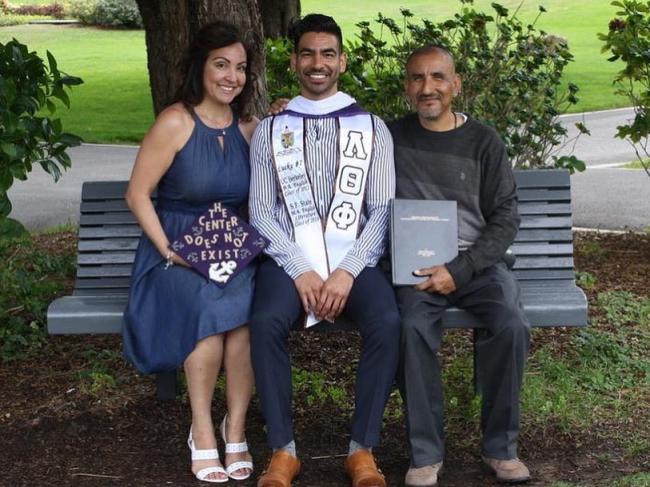GLOBAL LATINIDADES PROJECT RESEARCH ASSISTANT MICHAEL ANDREW PARRA Awarded 2022 Ford Foundation Pre-Doctoral Fellowship for 2022-2025!
The Global Latinidades Project would like to congratulate Research Assistant, Michael Andrew Parra, who was selected as a 2022 Ford Foundation Predoctoral Fellow. A first-year Philosophy and Literature student at UC Santa Barbara’s English Ph.D. program, Parra is pursuing an intellectual and political inquiry into critical masculinity studies through Queer of Color Critique as part of broader deconstructions and reconstructions of gender and sexuality within the decolonial imperative animating much of contemporary Latinx Studies. His academic research interests are Chicanx/Latinx and Latin American literary and cultural studies from the 18th century to the present. He is particularly focused on authors whose works inscribe and provoke questions of racialized male identity, and various models of masculinity, by Gay and ostensibly straight authors such as Chicanx writers John Rechy, Tomás Rivera, Victor Villaseñor, Manuel Muñoz, and Benjamin Alire Saenz as well as Latin American authors such as Mexican Carlos Monsivais, Cuban Reinaldo Arenas, Argentinian Jose Luis Borges, and more.
Parra entered UCSB’s English Ph.D. program as part of a personal and political imperative—un deber—to raise the social and cultural consciousness of the Latinized body caught in material and linguistic closets and cages towards transformative conjunctures. He is also interested in exploring how authors, artists, and political activists across the Americas examine monetary value as a cage to control reified racial minority male bodies, which are always already located within the logic of labor and warfare. To go further, Latinx communities, having to navigate a white supremacist discourse, are chained to an imperial center and find themselves in complicated ideological cages that also become conjunctures through elaborate transculturations that become even more complex as always already sexualized, gendered identities. Having lived the experience of a double minority in the margins of a Latinx community, his social imperative is to illuminate, explicate, and challenge the effects of classical and internalized colonialism within and beyond the communities his positionality represents vis-à-vis intersecting subaltern communities.
More Information


